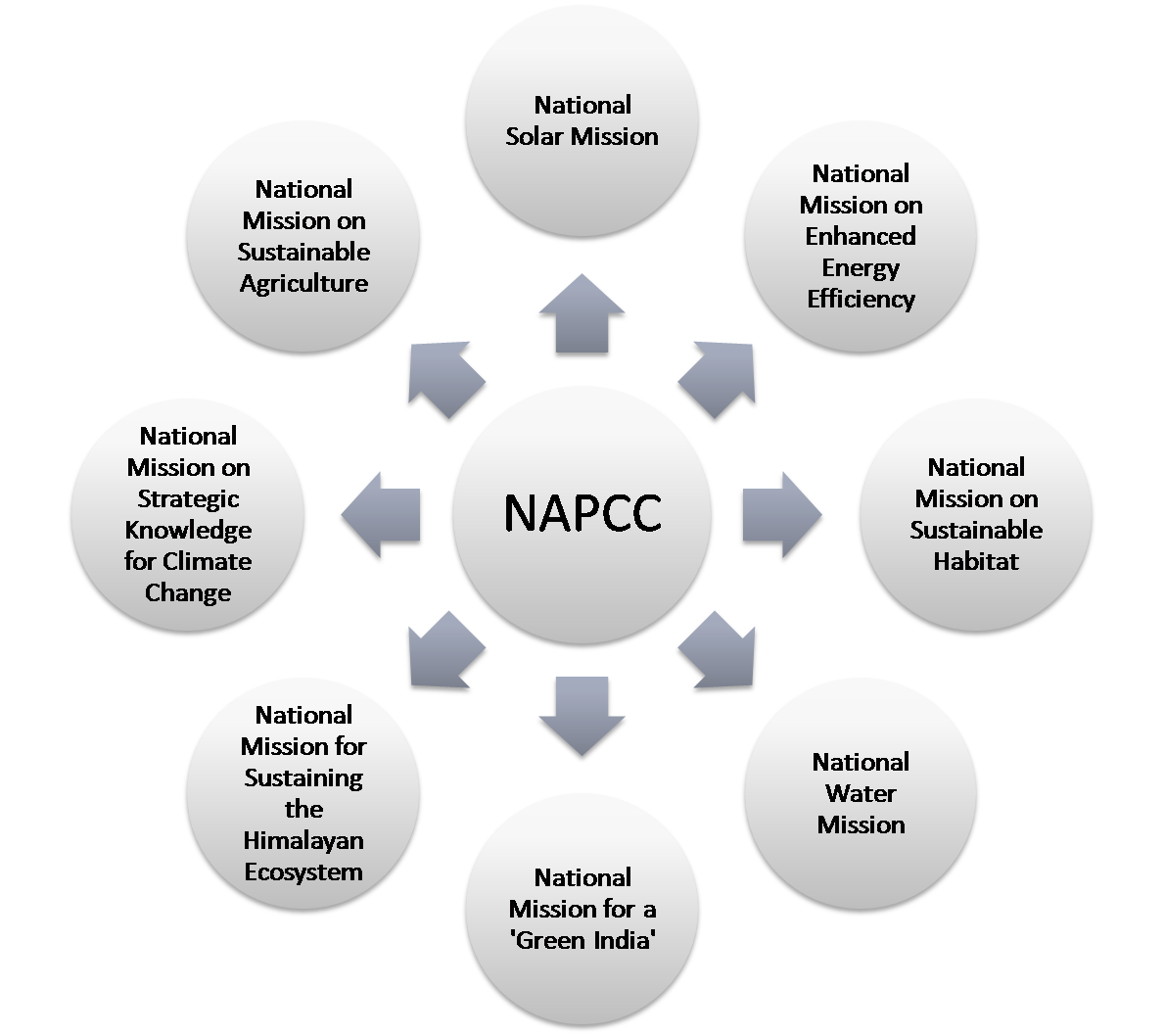How We Failed to Implement Environmental Laws in India
The role of environmental laws is crucial to achieving sustainable development. It provides a legal framework for the protection of people and the planet. Well-designed environmental laws and its implementation status also reflect the health of government institutions. However, it is increasingly seen that we have failed to implement environmental laws.
As per the UN report, ‘Environmental Rule of Law‘, the first-ever global assessment of environmental rule of law finds weak enforcement of environmental laws to be a global trend over the last four decades. Further, it states that one of the greatest challenges to implementing environmental laws/rules is a lack of political will.
The concern for environmental protection has received a status of fundamental law of the land in India. The Indian constitution provides the basic human right of every individual to live in pollution-free environment. We have constitutional provisions and other statutory provisions for environment protection which follows the approach of sustainable development.
Though we do not have ‘environment’ explicitly mentioned in the constitution of India, Article 21 provides the right for the protection of life and personal liberty and Article 47 of the Constitution imposes the primary duty on the State to provide public with improved health and good nutrition which leads to an improved standard of living. Please read more about the development of Environmental Jurisprudence in India here.

1972 Stockholm Declaration affirms that “Man has the fundamental right to freedom, equality and adequate conditions of life, in an environment of quality that permits a life of dignity and well-being, and he bears a solemn responsibility to protect and improve the environment for present and future generations…”
Learning from the Stockholm Declaration, the Supreme Court of India has laid down the “Precautionary principle” and the “Polluter Pays Principle” as essential features of “sustainable development”. In India, the legislative framework for the protection of the environment is provided by Constitutional provisions, General laws (IPC, CrPC), Special acts (more than 300 acts such as IFA, WPA, EPA, Air Act, Water Act, FCA, National Green Tribunal 2009, etc.) and Policies (National Environment Policy 2006, National Forest Policy, National Agriculture Policy). Please read more on Some important court petitions and judgments and Central and state acts for the protection of the environment here.
This shows that there is no dearth of legislation for environmental protection in India, however, despite all these laws, it is increasingly evident that we have dramatically altered the ecosystem, started to exhaust the already limited natural resources, and polluted the environment which makes difficult for all living organisms to live a quality life in their ecosystem.
Air pollution in India is worsening and has become a national problem that is killing 1.2 million Indians every year and costing the economy an estimated 3% of GDP[1]. Recently, New Delhi’s air quality became extremely toxic and the PM2.5 levels reached over 20 times the safe limit. Water pollution is a serious problem with about 70% [2]of India’s surface water resources and a growing number of its groundwater reserves have been contaminated with toxic pollutants. Municipal Solid Waste (MSW) and Industrial hazardous waste disposal on land pits is another major concern.
The infamous case of Uranium poisoning in Punjab is evident in land contamination with toxic pollutants which brought severe abnormalities in Children in the region. Our forests are degrading at an alarming rate with increasing anthropogenic deforestation. Overall, the environmental condition in India is degrading, and making it difficult to live a quality life in a healthier and safer environment.
Though we have significant Environmental protection laws in India, we have not been very successful in fulfilling the requirements of environmental protection, mainly due to the absence of political will and public awareness. Another reason may be because most of our environmental laws are human-centric i.e. primarily focussing on the protection of humans and benefit them and not explicitly meant for the protection of the environment in which humans live.
The possible reason behind this is the fact that almost all environmental laws consider the superiority of humans over nature and the ecosystem. On the other hand, the ecosystem is a complex system that is closely integrated and self-regulating. It works best when left alone by human interventions whereas our laws are particularly concerned with enhancing the economic welfare of human beings.
Ignorance of environmental issues will not help. Public awareness and seriousness towards tackling the issues of environmental pollution should be our utmost priority. Having an RO water purifier or Air purifier at our homes is not a demonstration of progress mankind has made but indeed it’s a sign that we are on the verge of destroying our home and in the process- our beloved earth.
Therefore, environmental legislations are not enough. We need a positive attitude on the part of each citizen which is essential for effective and efficient enforcement of these legislations. To achieve this, we need public awareness as no law works best unless the interaction is voluntary.
[1] Greenpeace report, Assessment of Air Pollution in Indian Cities
[2] Paper titled ‘Water quality in sustainable water management’ by Sudhakar M. Rao and P. Mamatha, IISc, Bangalore





i have visited your website. quiet informative. I am a distant student of Kurukshetra university in law. I would appreciate if I can get some environmental news and legal cases regarding in environment with reference to uttrakhand. . Thank you.